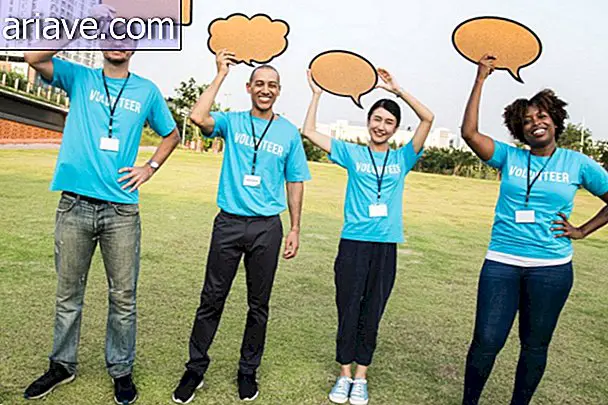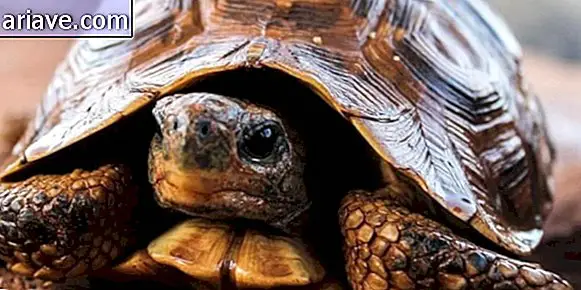Children remember conversations heard while in the womb
Humans begin to hear sounds when they are still in the womb at about 27 weeks of gestation. However, it is never clear whether this process helps the baby shape its own perception and language development during childhood. Now research shows that there is evidence of this happening.
There are numerous cases of children who apparently recognize and even respond to songs that were played while they were still waiting for the "stork." And according to an interview with Ars Technica, psychologist Alexandra Lamont says sounds can be clearly heard in the womb and, once the brain is developing, the fetus is already able to learn songs or other sounds before from birth. This would explain, for example, the fact that most babies have a preference for their mother's voice.
But scientists at the University of Helsinki in Finland want to look at this much more closely from a neurological point of view. Eino Partanem's team has been investigating the influence of this prenatal experience on the human learning process, with the help of very simple sounds.
How the experiment works
Instead of opera or fairytale narration, volunteer families reproduce the pseudoword "tatata" several times throughout the week, including variations in intonation. Scientists then compare the baby's reaction to this word shortly after birth. To make the outcome more unbiased, the same test is performed on infants who have not had an intrauterine experience.
With the help of electroencephalogram tests, the researchers could see that children exposed to sound during pregnancy have a much stronger reaction to the pseudoword and are even able to recognize the difference in intonation. With this, Partanen believes that babies are able to learn these little blocks of language even at the fetal stage.
How can this help us?
Perhaps this characteristic of human formation can be explored to solve, for example, cases of dyslexia. Although there is no method to predict whether or not a baby will develop dyslexia, there are factors that may indicate whether he is at risk, such as a genetic predisposition. Therefore, prenatal therapy could be initiated to facilitate learning after birth.
According to Partanen, the discovery would not be able to create superhumans with exceptional intelligence. But it can be helpful to assist in treating cognitive problems.











